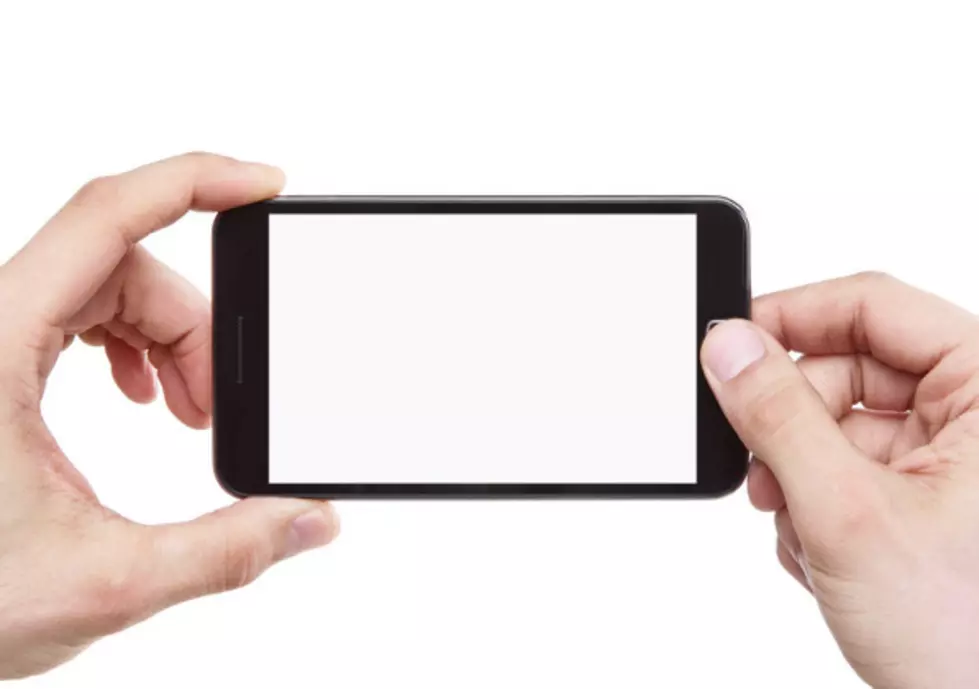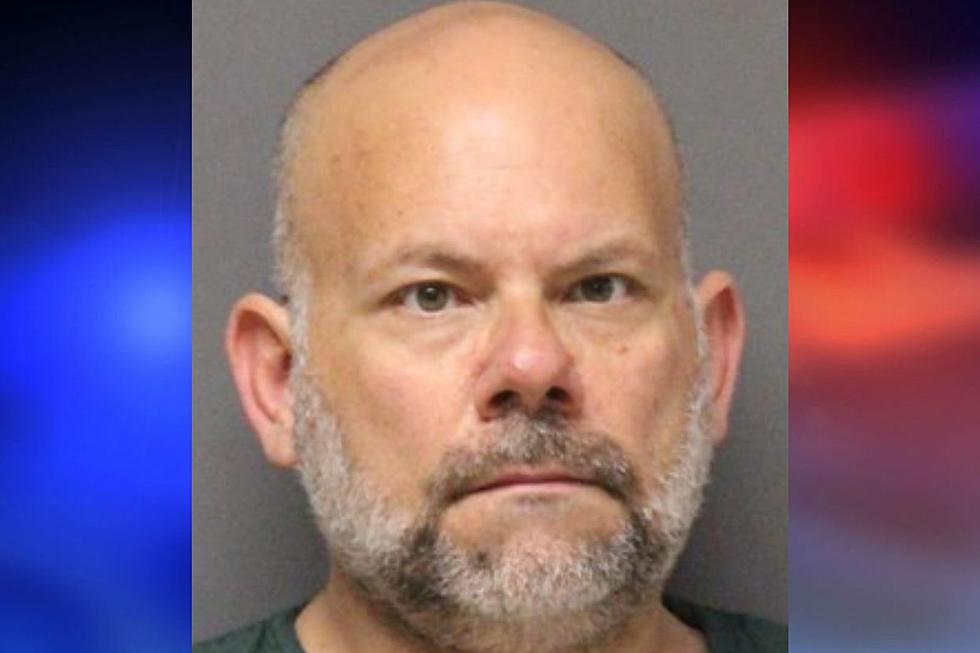
Brick school cracks down on sexting
Wednesday is the first full day of the new, zero-tolerance sexting policy at Brick Township High School.
Parents and students have been warned, in a letter dated Friday and sent by the superintendent, that any teenager caught with nude or semi-nude pictures on their smartphone or other electronic device could be kicked out of school and face possible child pornography charges.
"It is appropriate for the Brick School District to get involved and take a tough stance against it, and I wouldn't be surprised to see every district in New Jersey do something like this before too long," said Rob Zidar, executive vice president and co-founder of ThirdParent.com, which provides resources for parents to help them figure out what their teens are doing online.
Brick's policy stems from recent reports of students sharing these pictures, which may depict real or simulated sexual acts, through mobile apps like Instagram and Snapchat.
Zidar said many schools lack the necessary resources to deal with the problem at this moment in time.
"We view this kind of thing as the schools doing the parents a favor," he said. "This is a wake-up call."
It is critically important for parents to talk to their kids about not engaging in sexting at all, Zidar said. He also pointed out New Jersey law does have some leeway in how prosecutions move forward, but right now many of these photos are technically considered child porn, "and so if the schools are forced to bring the police in and the police are forced to act, there can be some very negative consequences."
So why do teens continue to send each other lewd pictures? According to Zidar, sexting has become the new normal, part of the courting ritual with kids of this generation.
"The technology kind of passed everybody by, and now teens are catching up more quickly than the adults are, and they're saying, 'Hey, I can take a nude picture, I can do this, I can do that,' without understanding what the consequences may be," he said. "Kids are doing this with the air of invincibility that yeah, that could happen but it's not going to happen to me. I won't get caught -- this person won't share it."
Zidar said a change to state law is crucial from this point forward, to make the definition of child pornography less broad than it currently is.
"If a boyfriend sends a picture to a girlfriend, let's say, that's not child porn as the lawmakers who wrote that law intended," he said.
More From New Jersey 101.5 FM









